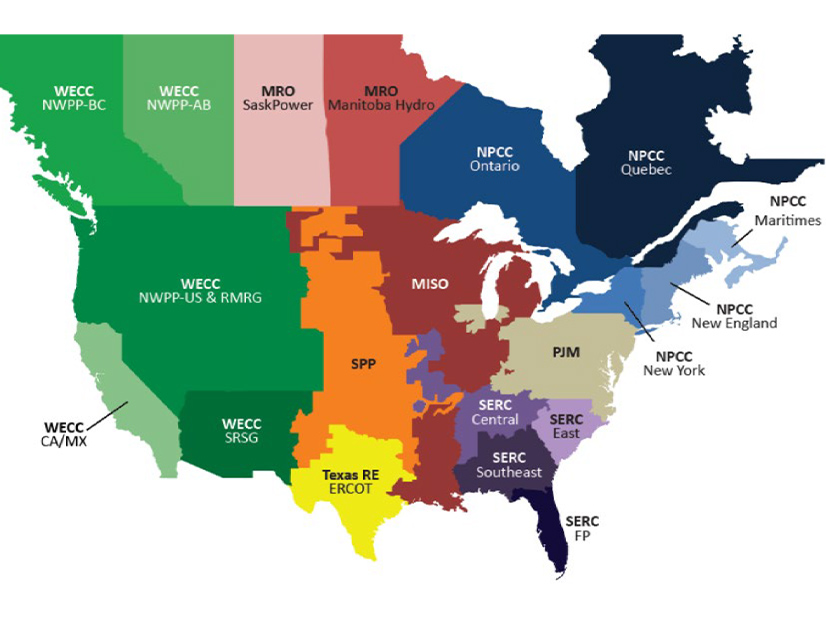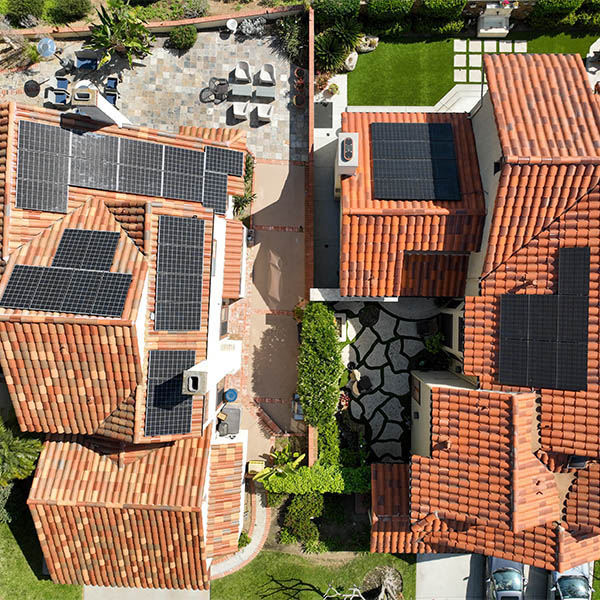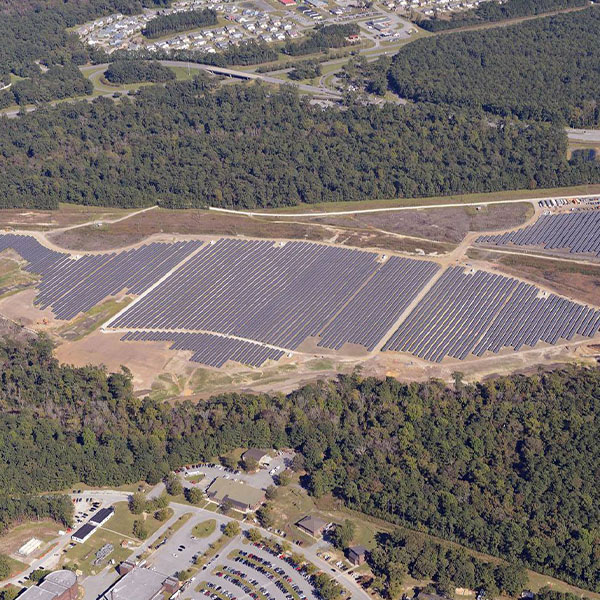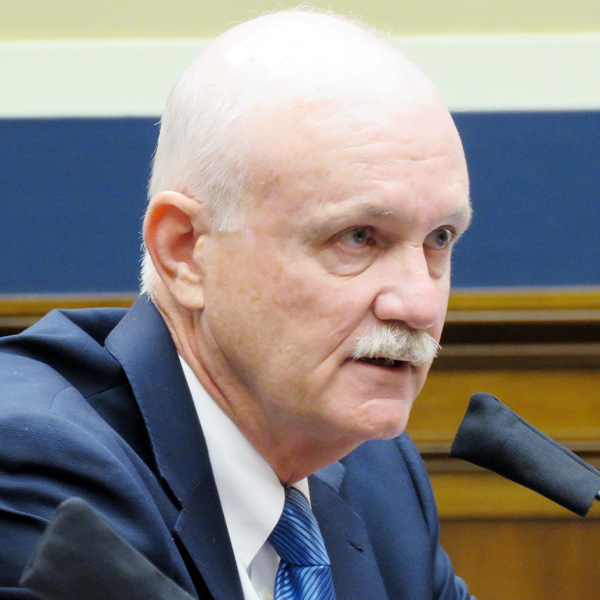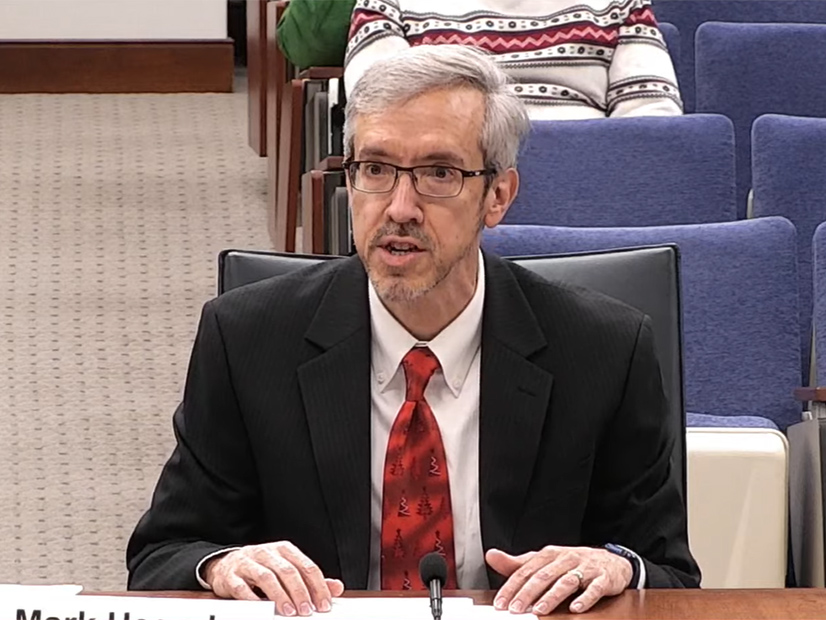Duke Energy
FERC must look beyond reliability standards to boost electric industry winter readiness, says R Street Institute's Michael Giberson.
Representatives of SERC Reliability’s member entities joined the regional entity’s Board of Directors here for its first meeting of the year on Wednesday.
Newly enacted legislation could make it more difficult for Kentucky regulators to approve retirements of fossil fuel generators or replace them with renewables.
The North Carolina Utilities Commission largely approved Duke Energy’s proposal to update its net energy metering rules for residential rooftop solar customers.
The NCUC chair consumer advocate faced lawmakers' questions on the state's first-ever rotating outages stemming from a December storm.
Duke Energy reported that it met earnings expectations for 2022 and highlighted its near-term spending plans on an analyst call.
The North Carolina Utilities Commission approved Duke Energy's first carbon plan to comply with state law calling for carbon neutrality by 2050.
FERC and NERC will conduct yet another inquiry into cold weather grid failures after Duke and TVA cut power to consumers during December's winter storm.
FERC rescinded RTO participation incentives for two AEP affiliates on the grounds that Ohio law compels transmission owners to participate in an RTO.
Reacting to an attack on two substations, FERC ordered NERC to review the effectiveness of its physical security standards and recommend needed improvements.
Want more? Advanced Search
